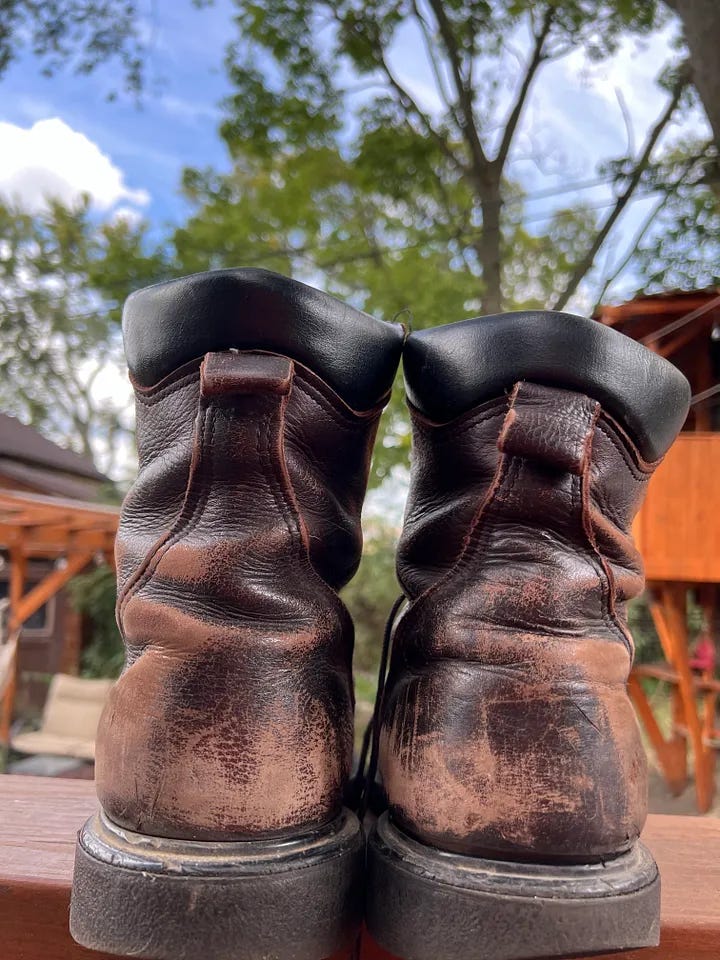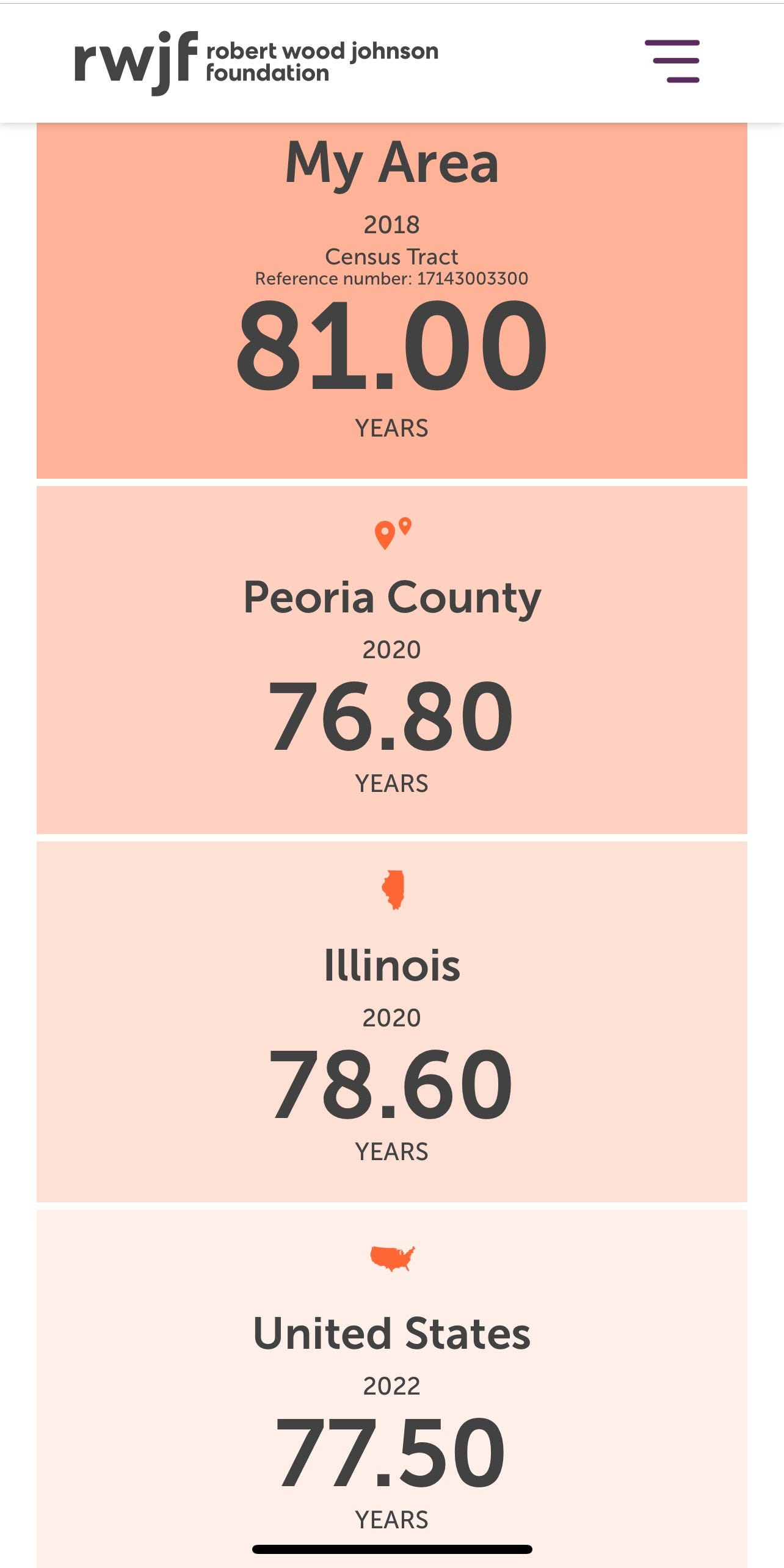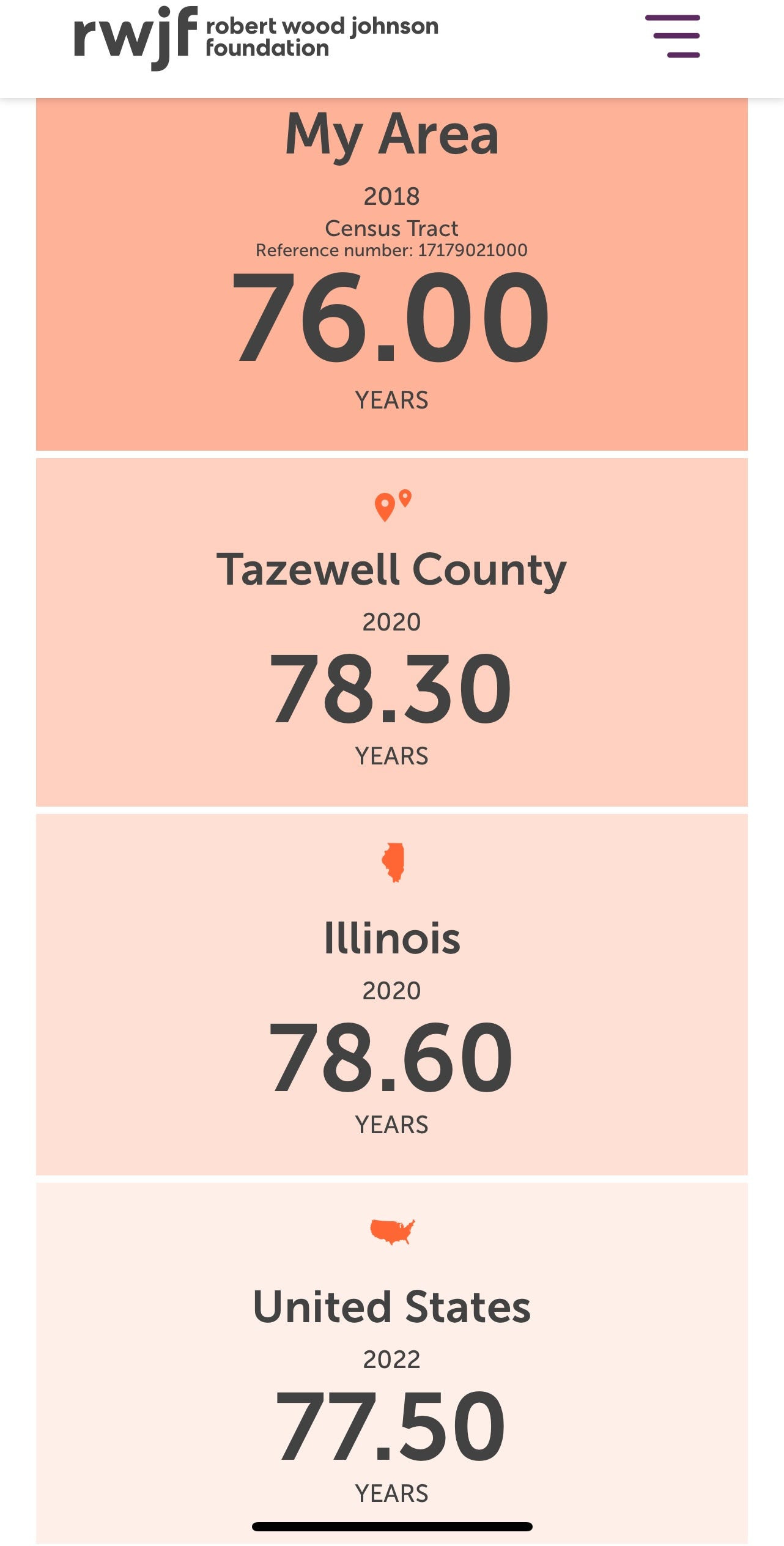How the ‘Bootstrap’ Myth Weakens Workers
The dark reason we insist individuals can overcome anything

We Americans sure do love our rags to riches myths.
This is the land of opportunity and anybody can succeed if they work hard enough. Just pull yourself up by your own bootstraps!
Did you know that originally the term “bootstrapping” was used sarcastically to describe an impossible task? Yet now, the meaning has morphed into the opposite.
I invite you to give it a try. First, put on a pair of boots with straps on the back. Next, reach back, grab those straps and pull yourself up. It didn’t work? Huh. Maybe you need to pull a little harder.
Come on, man! You can do it!
Except of course it’s literally impossible
There’s a reason we tell people to pull themselves up by their own bootstraps even though we know it can’t be done.
It’s one of the ways people in power keep the rest of us from complaining that we’re being screwed. We keep trying and trying and blaming ourselves when we have trouble. Of course we blame ourselves. Who else can we blame?
We know we sound like whiners and snowflakes if we protest that we’re trapped in an unfair system — and that’s deliberate. Anytime there’s a protest movement, it’s dismissed as a bunch of lazy moochers who do not want to work.
If you favor a higher minimum wage, subsidized daycare, affordable college, universal health care or anything similar, you are not someone who wants a stronger society that works for more people. No, you are a dirty socialist who wants to steal the fruits of someone else’s hard labor.
Most of us who want a better world have been working hard all our lives and we are proud of it. We are repulsed at the very idea of laziness and will do anything to avoid being slapped with such a label. So we put our heads down, suck it up and work a little harder.
The powerful love to cherry-pick outliers
There are, in fact, lots of inspiring and powerful stories about people who grew up in poverty or came to the U.S. with just a small amount of money in their pocket but somehow ended up very successful.
We tell the story of the one person who succeeded instead of the thousands who did not because we love to put the responsibility on the individual — and only the individual. In the 1800s, Horatio Alger made a fortune with his rags-to-riches fantasy stories that the public just ate up.
The modern versions of these stories are always presented as a guide for the rest of us: “This guy grew up in public housing and now he’s the CEO of a multi-million-dollar company. If he can do it, you can do it!”
If Peter Piper plants a row of peppers in his garden but neglects to water them and only one of them thrives enough to produce peppers, do you assume all but one of the pepper plants were the problem?
I’d be inclined to conclude it was the lack of water. And I’d realize that if I wanted to pick a peck of peppers next time, I’d need to take better care of my garden.
I would not point to my lone pepper plant as clear evidence against irrigation.
Our ‘garden’ is in trouble
We have neglected it. Our society doesn’t care about the poor or working classes and barely worries about the shrinking middle class, which is why it’s shrinking.
We have one lush, thriving corner of the garden on which we lavish most of our resources. The ultra-wealthy keep demanding lower and lower tax rates, justifying it with the claim that they are job creators.
The rest of society withers.
The real job creators, however, are the ordinary middle-class people who are purchasing goods and services. Enable more poor people to join the middle class and they’ll happily spend more money buying homes and filling them up with furniture and — perhaps — even some kids.
The ultra-wealthy do not necessarily work harder than the rest of us. They are not necessarily smarter. We do not live in a meritocracy; we live in a winner-take-all system that protects the well-being of those who already have fortunes. Our tax system virtually ensures that the rich will get richer and the poor will get poorer.
The rich pay their pet lawmakers to keep it that way.
According to OXFAM International, the super-rich have claimed half of all new wealth in the past decade. French economist Thomas Piketty, author of Capital in the Twenty First Century, blames the way we tax wealth vs earned income for much of the inequality.
Spoiler: Anyone living on their investment income, including nepo babies who have never had a job, enjoys tax advantages over people working hard for their paychecks. If we’d set out to design an engine to drive income inequality, we could scarcely have come up with anything more effective than what we have.
We are living in a system that sets the non-rich up for failure, and then criticizes them for it. Meanwhile, more than half of Americans say they don’t have enough money to cover a $1,000 emergency.
Are all men created equal?
If we believe that, then why do we treat people so unequally? There’s little evidence the Founding Fathers really meant what they said. They cared about white male landowners, mostly. They were not talking about Black people (or any non-white people) or any women. They didn’t care much about poor white men without property, either.
As for our right to the pursuit of happiness, well, we provide a smooth path for some and a rocky one for others.
It’s incredibly condescending and a great example of toxic positivity to tell the working and middle classes that they have the same opportunities to succeed as the monied class.
We had two choices
We could organize our society so that everyone had reasonably equal opportunities to succeed or we could smooth the path for certain groups of people and then convince everyone else that we had faith in their ability to overcome every difficulty.
You know which one we chose.
The Washington Post’s famous piece, Poor kids who do everything right don’t do better than rich kids who do everything wrong, clearly shows just how much we do not have a meritocracy.
It’s not just a matter of money and professional success, though
It’s about how we organize so many things in our society. We are set up to fail and then blamed for our failure.
Did you know people who live in walkable neighborhoods are less likely to be obese than those who do not? You’d think we might take that information and redesign neighborhoods accordingly, but instead, we simply blame the residents of poor neighborhoods — those are usually the non walkable places — for being obese.
Did you know people who live near each other but in different zip codes can have dramatically different life expectancies? You can plug your address into this calculator provided by the Robert Wood Johnson Foundation and see how your zip code affects your longevity.

I just entered my address and the address of someone I know who lives less than 15 miles away from me. This model predicts the person from the wealthier area will live five years longer than I will. I can’t say that didn’t give me pause.
We could attempt to provide better outcomes for the people in the poorer zip codes, but we don’t. Those people should just move.
Have you ever wondered why we are fine with junk food companies doing everything they can to convince people (including children!) to ingest their crap while we blame anyone who overindulges in it for making bad choices?
Why do we allow Big Pharma to convince ordinary people with no medical backgrounds that they need to start taking a certain drug? (Only the U.S. and New Zealand allow this.)
We know that payday loan places charge the unbanked as much as 400 percent, but instead of outlawing this practice, we merely shrug and say poor people should make better choices.
It’s a gross mischaracterization of our cherished ideals of freedom and personal responsibility, reworked to suit the needs of the exploitation class:
You have the freedom to make good choices, just as corporations have the freedom to do everything possible to convince you to make bad choices, and in the end we’ll reward them and blame you.
About Michelle Teheux
I’m a writer in central Illinois. If you like my work, subscribe to me here or on Medium. My latest novel is The Trailer Park Rules.
A version of this story ran on Sept. 24, 2024 on Medium.
Sneak Preview:
My new book Strapped, which is based on this piece, comes out Oct. 11!
From the author of The Trailer Park Rules comes this enraging and engaging collection about all the ways our broken system sets us up to fail and whether there’s anything you can do about it.
Did you know that originally the term “bootstrapping” was used sarcastically to describe an impossible task? Yet now, the meaning has morphed into the opposite.
I invite you to give it a try. Reach back, grab your bootstraps and pull with all your might. How did that work out for you?
There’s a reason we tell people to pull themselves up by their own bootstraps even though we know it can’t be done. It’s one of the ways people in power keep the rest of us from complaining that we’re being screwed. We keep trying and trying and blaming ourselves when we have trouble. Of course we blame ourselves. Who else can we blame?
This is not a self-help book because you cannot single-handedly fix what’s wrong with the system by working harder or working smarter. There’s a good possibility that some of your problems are out of your hands.
This book was not written for the top 10 percent or for anyone who had life handed to them on a silver platter.
Instead, this book is for every working class, lower-class and even middle-class person who has done everything right but still feels strapped.














Thank you, thank you, thank you, Michelle, for this wonderful essay.
I'm one of the people you describe. I have a degree from the London School of Economics, am a board-certified nutritionist, speak three languages fluently, and work as a nutritionist specializing in cancer and metabolic syndrom. You would think that I have all the prerequisites for a decent income. And yet, I can barely eke a living.
At 58, I can't afford to rent a modest two bedroom apartment in my admittedly very expensive town (Boulder, Colorado), can't afford health insurance, drive a 17-year-old write-off, can't afford to take vacations or travel, have canceled all subscriptions (sorry, I would love to support your Substack, but it's just not in my budget), can't afford a gym membership, and will probably have to work until my last breath because I have no retirement savings.
Why am I in this pitiful condition? Because I made the reckless decision to take 12 years out of my professional life to raise three amazing humans and got divorced from my emotionally and financially abusive husband, leaving me with no property, no savings, and a big hole where my social security contributions should have been.
Until recently I was seeing a psychotherapist (I had to stop because I could no longer afford it), and during pretty much every session I would ask an exasperation, "What is WRONG with me? Why does everyone else seem to make a comfortable living except for me?" Turns out, "everyone else" is a mythical creature. So many of us older, single women in America are struggling to keep our heads above water.
I can't wait to read your book. Hopefully my library will stock it.
Thank you again for your wonderful Substack -- I love every post!
Looking forward to your new book!